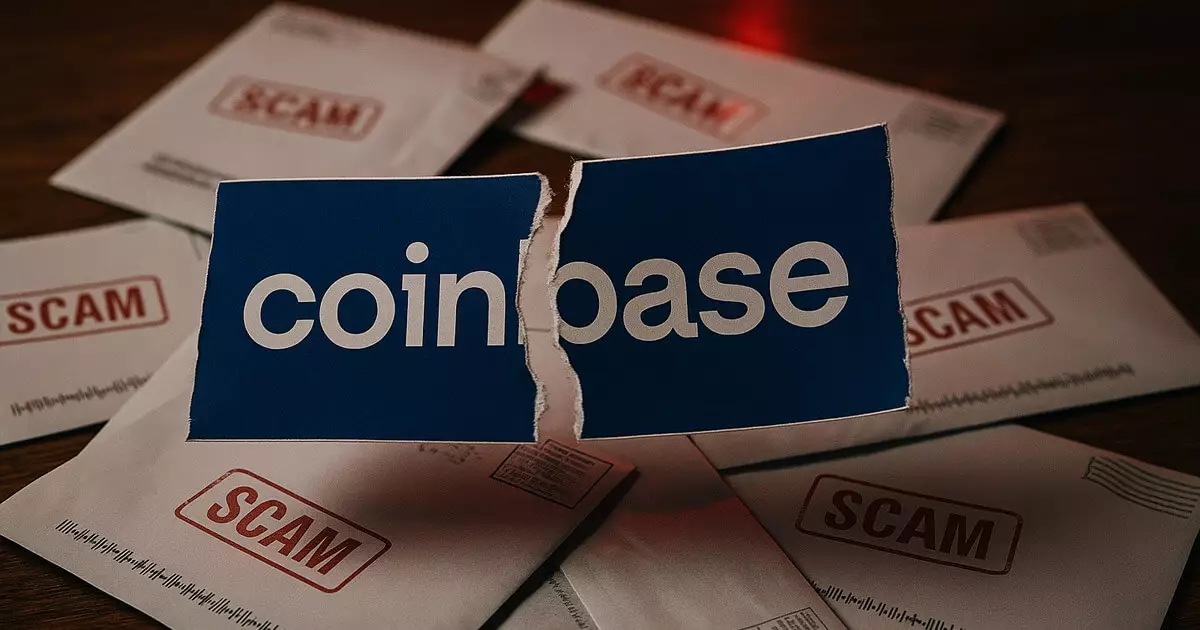The Coinbase data breach has spiraled into a cautionary tale for anyone who believes their personal information is secure. Initially perceived as a digital issue, the breach has morphed into a new dimension of risk, with victims now facing the unsettling reality of fraudulent letters physically landing in their mailboxes. The fact that scammers are utilizing this ancient form of communication not only demonstrates their resourcefulness but is also a striking example of how dire the landscape of personal security has become. What was once considered a safe realm, the postal service, is now being co-opted by cybercriminals, illustrating that the infrastructure we trust is under siege from digital marauders armed with our very own data.
Personal Data: The Unwanted Commodity
In a world where data is the new oil, the alarming revelation that 69,461 Coinbase users have had their sensitive information breached is a striking reminder of how easy it is for personal data to be exploited. Mike Dudas, the founder of The Block, was among the first to receive a phony letter offering supposed identity protection services. With his personal details unveiled, he became a warning signal for others, asserting the frightening notion that we are all vulnerable targets in a vast game of cat and mouse. Unlike phishing scams that typically lurk in our inboxes, the evolution to physical mail signifies a troubling normalization of identity crime, with victims at serious risk of realizing the extent of potential fraud only after irreparable harm is done.
Coinbase’s Inaction: A Lack of Accountability
One cannot help but question Coinbase’s response—or lack thereof. While they have rolled out enhanced security measures alongside offers of credit monitoring and a reward for information leading to the breach’s perpetrators, it begs the question of whether they bear any responsibility for the catastrophe that has unfolded. Their initial assurances that passwords and crypto assets remain safe ring hollow when personal identities are at stake. Security measures after the fact do little to quell the anxiety of those whose lives have already been thrown into disarray. Perhaps it’s time for Coinbase to step up and offer more than just lip service; the victims deserve tangible actions rather than platitudes.
The Ethical Obligation to Protect
As we dissect the ramifications of this breach, it becomes glaringly apparent that companies handling sensitive personal information have an ethical obligation to guarantee that such data is not merely secured, but protected against misuse in every possible dimension. The fact that illicit entities can turn personal records into tools for manipulation and extortion raises significant moral questions about the industry’s practices and the level of investment in ethical cybersecurity measures. It’s clear that the risks are no longer confined to the virtual world; we must now contend with the very real consequences of corporate negligence as it seeps into our day-to-day lives.
In an era where our identities can be bought and sold, companies must seize the opportunity to rethink their approach to security and accountability, ensuring that future events avoid the disastrous fallout experienced by Coinbase users. Ignoring these lessons could very well place your personal information in a precarious position before you even recognize the threat. Based on the rapid evolution of threats, vigilance is paramount—those who rest on the laurels of technological advancement may pay dearly for their complacency.


Leave a Reply